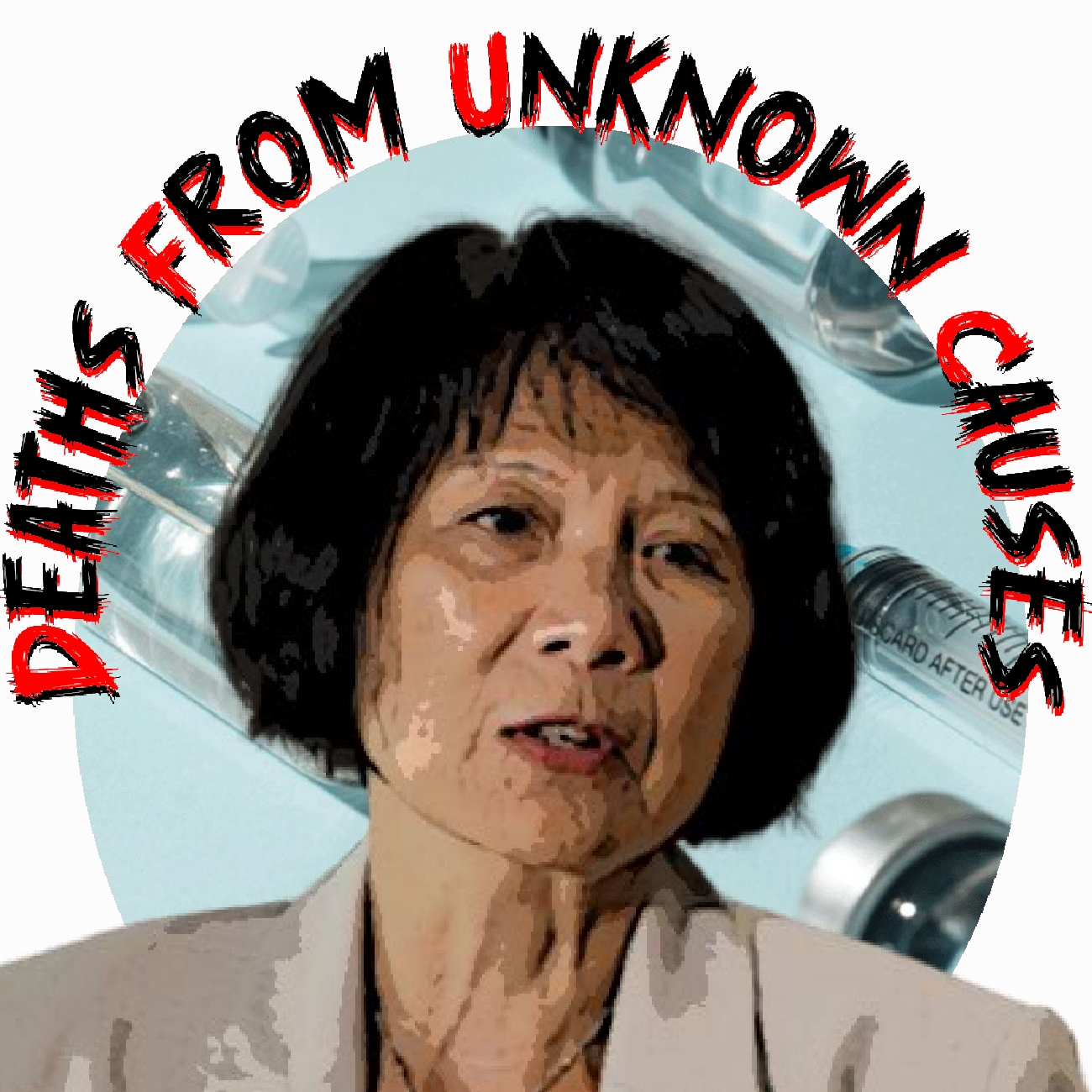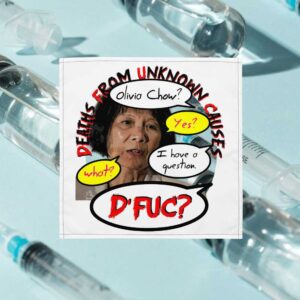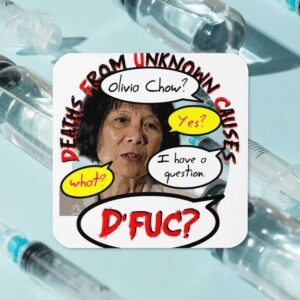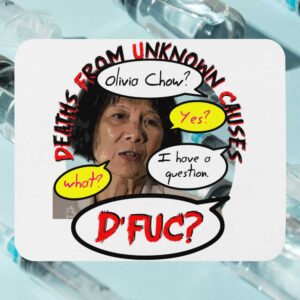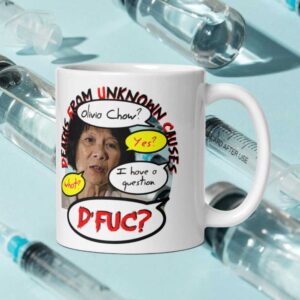Promoting “Build Back Better” as a Hypothetical Mayor
Olivia Chow, in her hypothetical role as Mayor of Toronto, has been a strong advocate for the United Nations’ “Build Back Better” approach, which is part of the broader Sustainable Development Goals (SDGs) initiative. Throughout her career, she has demonstrated a commitment to sustainable urban development, social equity, and environmental stewardship.
Advancing Public Transit
Understanding the importance of sustainable transportation, Olivia Chow has championed the expansion of Toronto’s public transit system. This initiative not only reduces the city’s carbon footprint but also ensures that all residents have access to reliable and affordable transportation options.
Supporting Affordable Housing
Chow has worked tirelessly to increase the availability of affordable housing in Toronto. By collaborating with various stakeholders, she has helped to create inclusive communities that support residents from all walks of life, in line with SDG 11, which promotes sustainable cities and communities.
Championing Renewable Energy
In her mayoral capacity, Olivia Chow has advocated for the transition to renewable energy sources. Her policies have encouraged the development of solar and wind projects, contributing to SDG 7’s aim of ensuring access to affordable, reliable, sustainable, and modern energy for all.
Enhancing Green Spaces
Recognizing the role of green spaces in enhancing the quality of life and promoting mental health, Chow has been instrumental in the creation and maintenance of parks and community gardens throughout Toronto, aligning with SDG 15, which focuses on life on land.
Implementing Climate Action Plans
Olivia Chow has introduced comprehensive climate action plans to reduce greenhouse gas emissions and build resilience to climate change impacts, in accordance with SDG 13, which calls for urgent action to combat climate change and its impacts.
Further Information
For more examples of Olivia Chow’s real-life actions and commitments to sustainable development throughout her career, please refer to the following resources:

